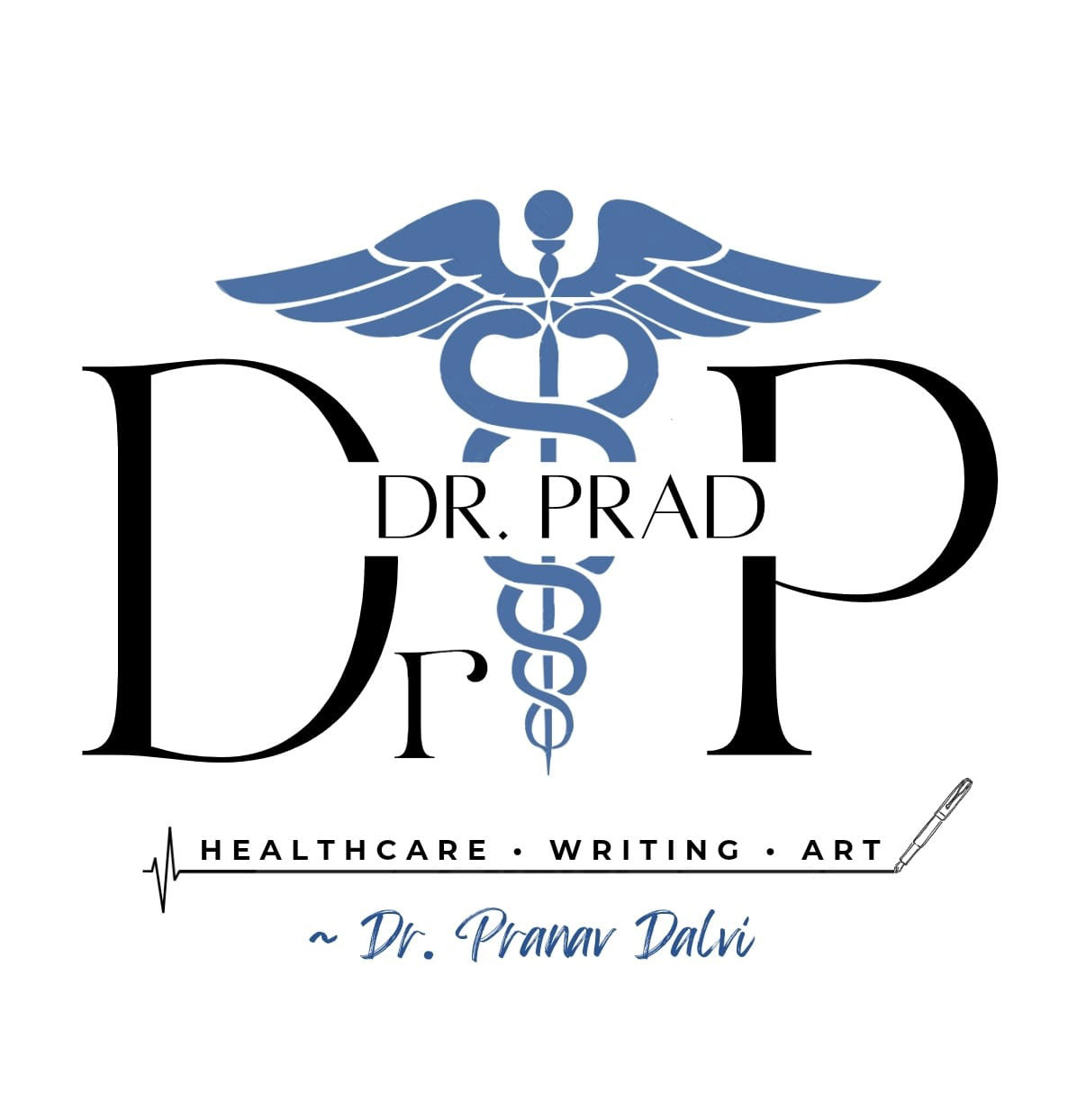The face of healthcare is changing fast, self diagnosis and self medication is at peak; and so is bacterial resistance to medications correspondingly. As we step into this new era of Artificial Intelligence or AI as the trend goes, for us as doctors and healthcare workers, adapting and improving is the way forward. People can now avail healthcare services and consultations from the comfort of their homes through several AI platforms which can provide not just knowledge and computing power far more than a human brain, but also while outperforming a physician in criteria for conversation quality, politeness, explaining the condition and treatment, as cited in one of the recent articles.
But just like any new invention, it does come with a few caveats which concern the authenticity of the information provided. Machine learning and algorithms can be overly sensitive often leading to overdiagnosis in some if not most patients. AI can act as trojan horses where the tech could be so convincing in communication that it could trick the user into thinking its just as knowledgeable.
The sum and substance is that healthcare workers might not have as much computing power as an AI but we make up for what it lacks in terms of human instinct, clinical reasoning, experience and trust. I aim for accoutring fellow doctors and myself with information provided by AI whilst filling in the contingent gaps such that when oneday a patient walks in to consult us, with a presumed diagnosis in mind, an imprecise piece of information from search engines and AI and a plethora of questions; we are more than ready to ameliorate, demystify, diagnose and treat our precious patients!❤️
